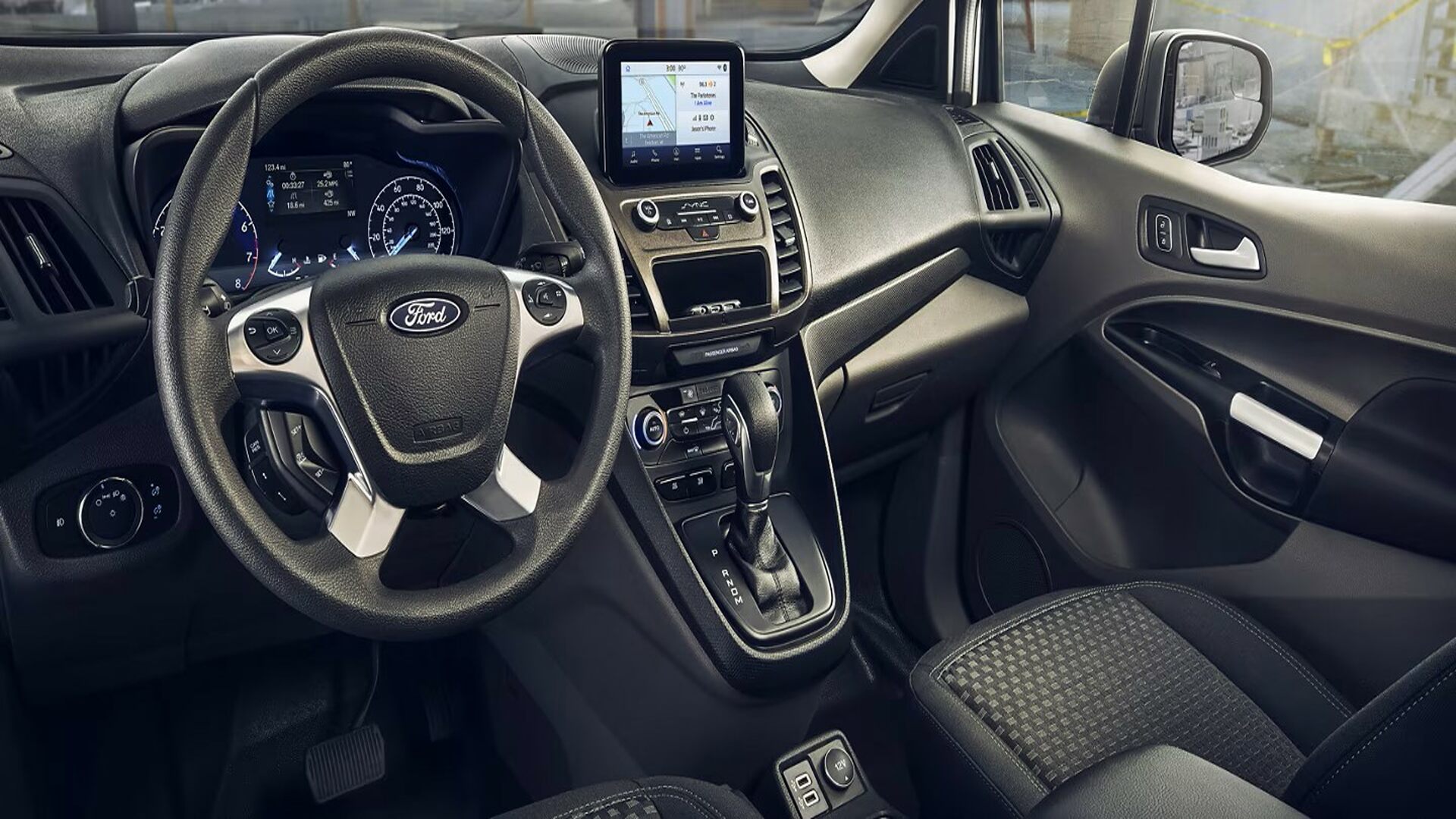Ford has agreed to pay $365 million to settle allegations by the U.S. Government that it violated federal tariff laws by misclassifying and understating the value of its Transit Connect vehicles.
The Justice Department accused Ford of attempting to evade higher duties by misclassifying cargo vans imported from Turkey between April 2009 and March 2013.
According to the government, Ford engaged in a scheme to avoid higher duties by misclassifying the vans as passenger vehicles, subject to a lower duty rate, instead of cargo vehicles.
This misclassification involved equipping the vans with temporary rear seats and other features to make them appear as passenger vehicles, even though these features were not intended for passenger use and were promptly removed after Customs clearance.
“While Ford strongly disagrees with many aspects of the DOJ’s statement and denies any liability, we have decided to settle this matter to put an end to a decade-old dispute,” said a Ford spokesperson.

The settlement, one of the largest customs penalty settlements in recent history, resolves the allegations against Ford.
Brian Boynton, head of the DOJ Civil Division, emphasized that the government will not tolerate companies evading duties through deceptive practices. This settlement comes after a long-running legal battle between Ford and the government over import duties paid on Transit Connect vehicles.
In 2021, Ford faced the possibility of up to $1.3 billion in penalties after the Supreme Court declined to hear its appeal regarding increased duties on prior imports.
The 25% tariff at the center of the dispute originates from a 1960s trade conflict involving frozen chicken, leading to the imposition of higher tariffs on cargo vehicles, known as the “chicken tax.”

